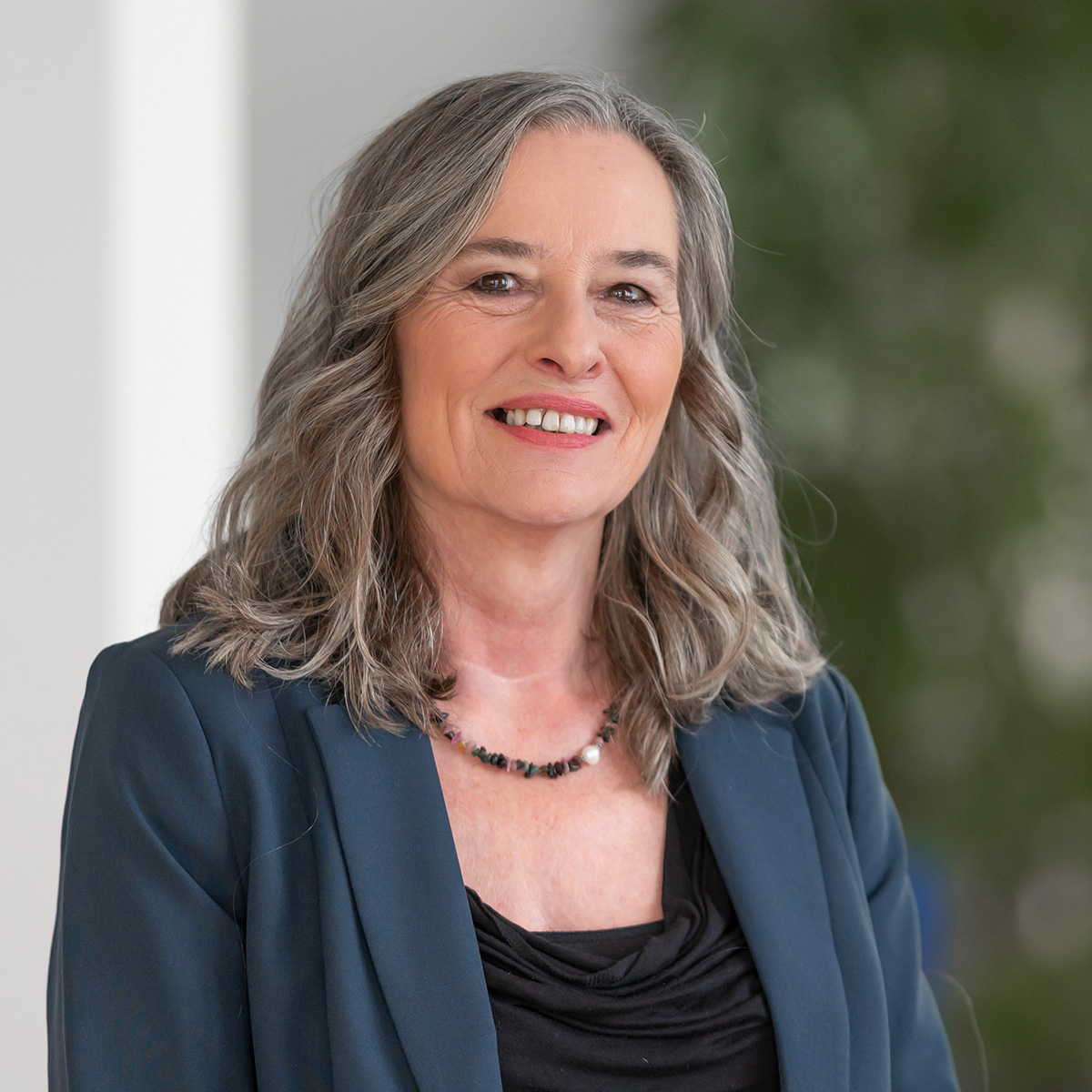Last autumn, on 24 October, the constituent meeting of the current German Bundestag took place. More than 100 days have already gone by since and - this is a new record - we still do not have a new government.
We asked Ms Dorothee Bär (CSU), member of the German Bundestag and State Secretary at the Federal Ministry of Transport and Digital Infrastructure, how and whether political communication has changed in the meantime.
How do you feel about this "quiet" time? Is it an exceptional situation for you too?
Bär: Yes, of course it’s an exceptional situation, because it’s a situation that has never happened in Germany before. However, it’s not a "quiet time". For those who were involved in the exploratory talks, or who are now involved in the coalition negotiations, it’s not a quiet phase. Because first of all there were the Jamaica talks, then a few days of calm and then it continued with the consultations held with the SPD.
As is well known, you use a lot of different social media such as Twitter, Instagram, Facebook and also Snapchat. In your opinion, did this bring you an advantage during the election campaign? How did that manifest itself?
Bär: ou don’t win elections using social media, but you can lose them if you don't. And one advantage is, of course, that you have a more direct link to the people than if you just send out press releases.
How do you find time to use all these channels?
Bär: It’s like breathing for me. (laughs)
At the end of November last year, Parliament President Wolfgang Schäuble gave new stipulations relating to the use of technical devices in the plenary hall. They are unwelcome and should now not be used to photograph, tweet or spread news about the plenary process. How did you react to this?
Bär: A ban is not feasible. I expressed myself very clearly on this matter. Tweeting and spreading news is a standard thing, since this serves to communicate with the people. Just like when parliamentary reporting takes place on television. However, I do find the ban understandable in relation to taking photographs, since I find it outrageous that people take selfies in the plenary hall.
The SPD and the Union are keeping tight-lipped towards journalists concerning the exploratory discussions. Do you think that this puts the relationship between politicians and journalists/the public at risk?
Bär: If anything, I found it helpful that it was done in a disciplined way, so that every preliminary result wasn’t immediately broadcasted. It’s also about not constantly giving people status reports that are obsolete five minutes later. This only confuses people. So, in this respect, this discipline was very positive.
The interview took place in the foyer of the CDU’s Federal Headquarters at Konrad-Adenauer-Haus in Berlin and was conducted by our media studies student Alexandra Weinig.

